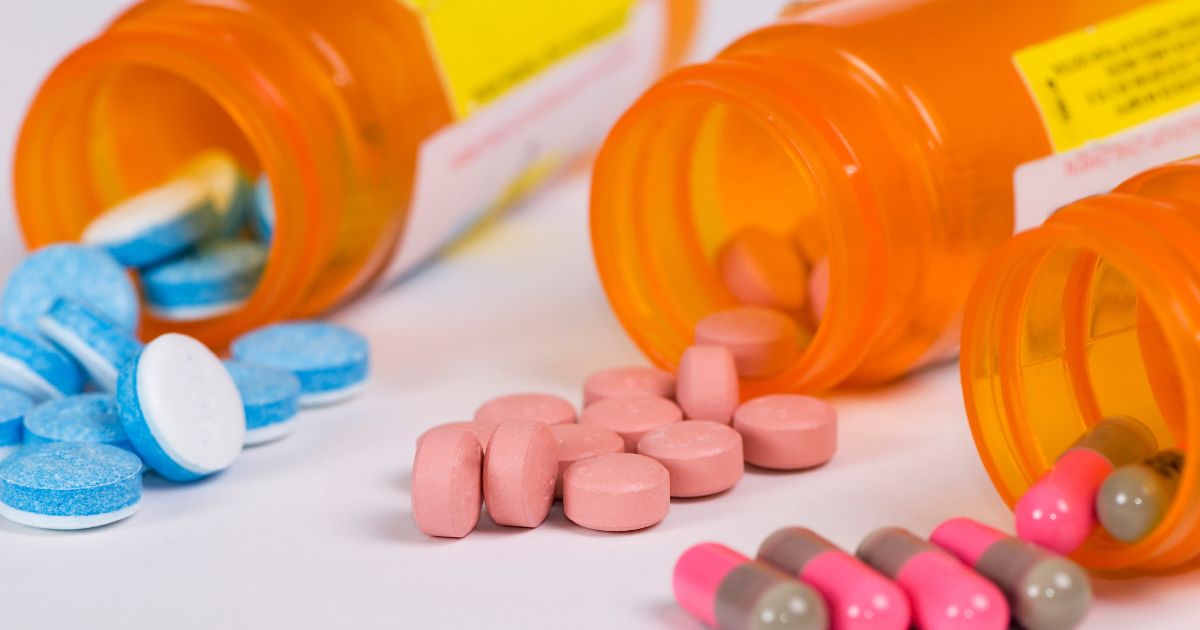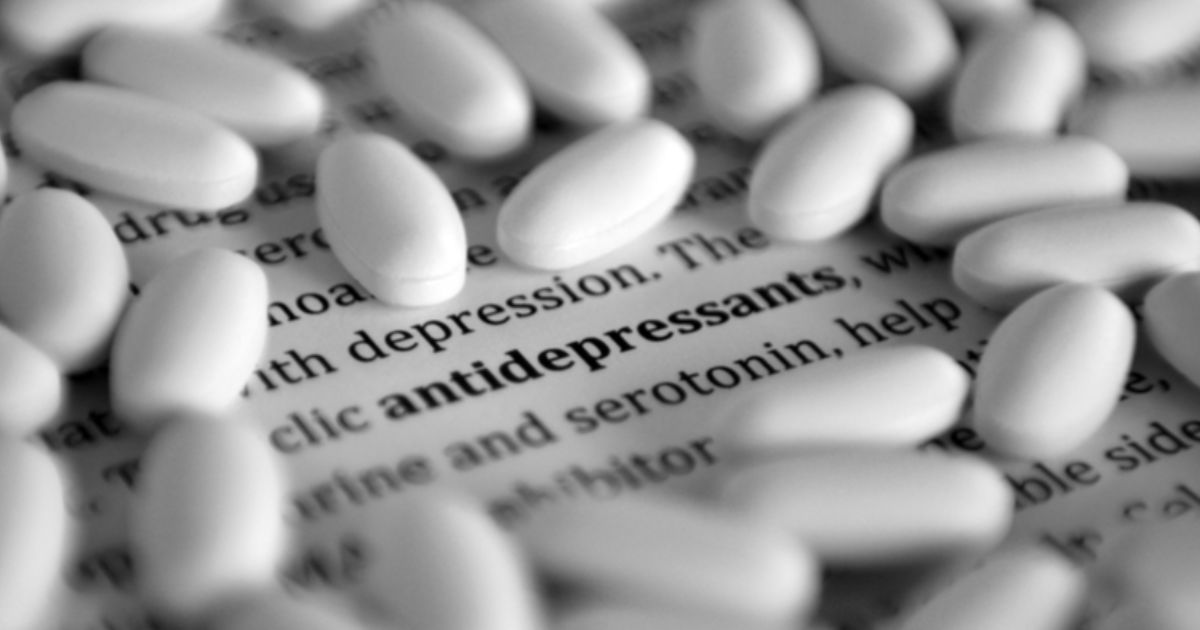How To Treat Hypersomnia
Hypersomnia is a somewhat rare sleeping disorder that causes an individual to have difficulties with staying awake during the day. When someone suffers from hypersomnia, they will usually be excessively tired during the day or will sleep much longer than normal throughout the day. It's important to understand this sleeping disorder can be very dangerous since patients can fall asleep at practically any time, which includes when they're working or even when driving. Patients might also suffer from other problems related to the disorder such as low amounts of energy and not being able to think clearly. This type of sleep disorder can be caused by everything from being overweight to other sleep disorders like sleep apnea and narcolepsy. Given that it's possible to fall asleep at any time during the day without forewarning, it's highly recommended to get hypersomnia treated as quickly as possible.
Stimulant Medication

The most common medications prescribed to individuals suffering from hypersomnia are stimulant medications, which mainly include ones like modafinil and methylphenidate. Modafinil is directly designed to reduce extreme amounts of sleepiness caused by hypersomnia and similar sleep disorders. Since patients will be having difficulties staying awake throughout the day, this type of medication can also help them stay awake during school or work hours.
Even though modafinil has proven to be effective for hypersomnia, it's not exactly known why it works the way it does. Some research has indicated the medication is able to affect specific substances within the brain that control the wake and sleep cycle. As for methylphenidate, this medication is able to increase the patient's ability to stay focused and pay attention, which should help patients stay awake throughout the day. There is a range of side effects associated with these medications patients should keep in mind before taking them. For instance, the main side effects of modafinil include nervousness, headaches, dizziness, and nausea. The side effects of methylphenidate are similar. It's important to understand stimulant medications are only able to help patients manage the symptoms associated with hypersomnia, which means they won't be able to cure their sleeping disorder.
Antidepressants

Patients might also think about taking some antidepressants for hypersomnia. While these medications are typically designed to treat depression, they are also effective at helping patients manage their sleeping disorders like hypersomnia. The types of antidepressants most commonly used for treating hypersomnia include those of fluoxetine, sertraline, citalopram, and paroxetine. While each of these medications operates slightly differently when consumed, they all work on combating depression by improving an individual's sleep and energy levels. These medications work by restoring the balance of serotonin in the brain, a natural chemical that contributes to feelings of happiness and well-being. Serotonin controls and modulates such processes in the brain as memory, cognition, reward, and learning processes. When this chemical is at the proper levels, an individual's sleep should be more balanced. These medications are typically designed to be taken on a daily basis. Once a patient's energy levels have started to improve, they should have fewer difficulties in staying awake.
